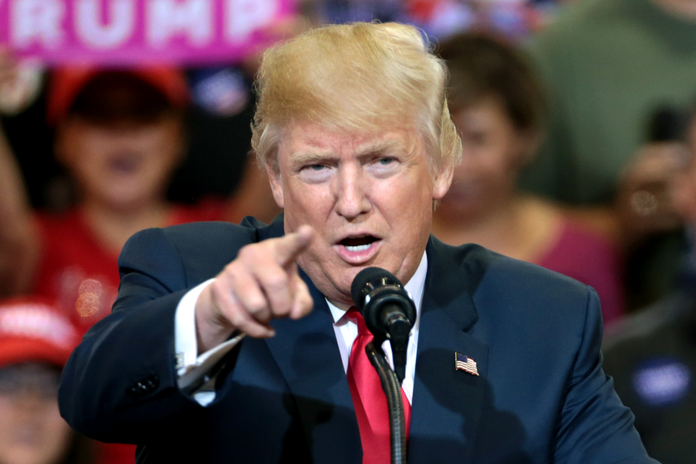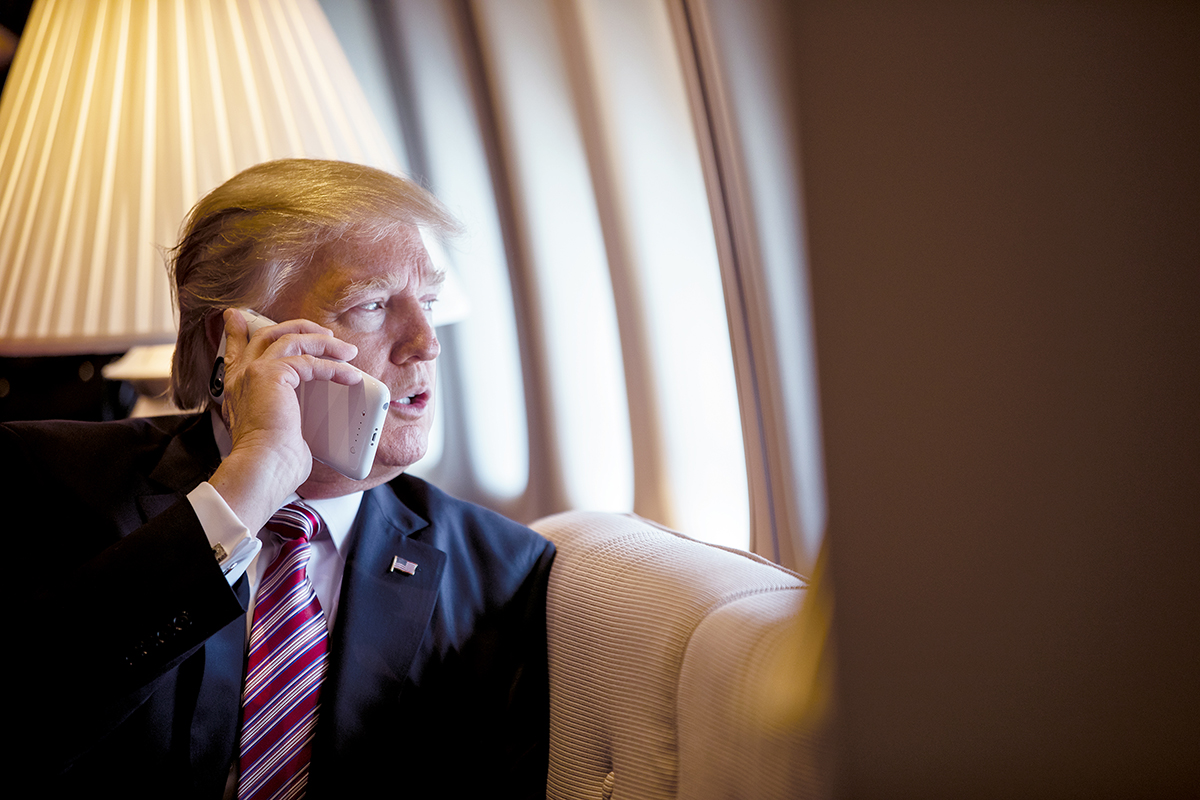Trump Reaffirms Bitcoin Conference Commitment After Attack

Former President Donald Trump has reconfirmed his commitment to attend this year’s Bitcoin Conference in Nashville, Tennessee, following an assassination attempt in Butler, Pennsylvania over the weekend. This announcement has been met with heightened anticipation and security measures as the event approaches.
Trump’s Commitment to the Bitcoin Conference
Despite the recent attempt on his life, Trump remains resolute in his decision to attend and speak at the Bitcoin Conference. Conference organizers have responded by significantly increasing security protocols to ensure the safety of all attendees. In a social media post, they expressed their enthusiasm: “We are happy to report that Donald Trump is committed to delivering his speech in-person at Bitcoin 2024. We are proud to host him and to share the solidarity of the global bitcoin community and our universal commitment to free speech and peaceful democracy.”
Heightened Security Measures
Acknowledging the concerns about security, the organizers assured attendees of their comprehensive preparations. “We know you have questions about security and what to expect at this historic event. We are actively engaged with our security teams and are fully cooperating with all the relevant parties to ensure a safe event,” they stated. This proactive approach aims to provide peace of mind to participants and speakers alike.
Notable Speakers at the Bitcoin Conference
The Bitcoin Conference will feature a roster of high-profile figures from the cryptocurrency industry and beyond. In addition to Trump, notable speakers include MicroStrategy’s executive chairman Michael Saylor (NASDAQ:MSTR), ARK Invest founder and CEO Cathie Wood, presidential candidate Robert F. Kennedy, Jr., entertainer Russell Brand, whistleblower Edward Snowden, politician and businessman Vivek Ramaswamy, and Tennessee Senator Marsha Blackburn.
Trump’s Stance on Cryptocurrency
Trump has been a vocal supporter of cryptocurrency, which has garnered significant attention from the crypto community. In January, he pledged to ban central bank digital currencies, a move that resonated with crypto advocates concerned about financial surveillance. This position has further solidified his support among crypto enthusiasts.
In May, Trump began accepting cryptocurrency donations in bitcoin, ether, and Dogecoin. He vowed to create “a crypto army moving the Trump campaign to victory on November 5th,” emphasizing his commitment to leveraging new technologies to achieve his political goals. His campaign’s message this spring was clear: “Saving our nation from Biden’s failures requires your support. As Biden piles regulations and red tape on all of us, former President Trump stands ready to embrace new technologies that will Make America Great Again.”
Featured Image: Wikipedia
